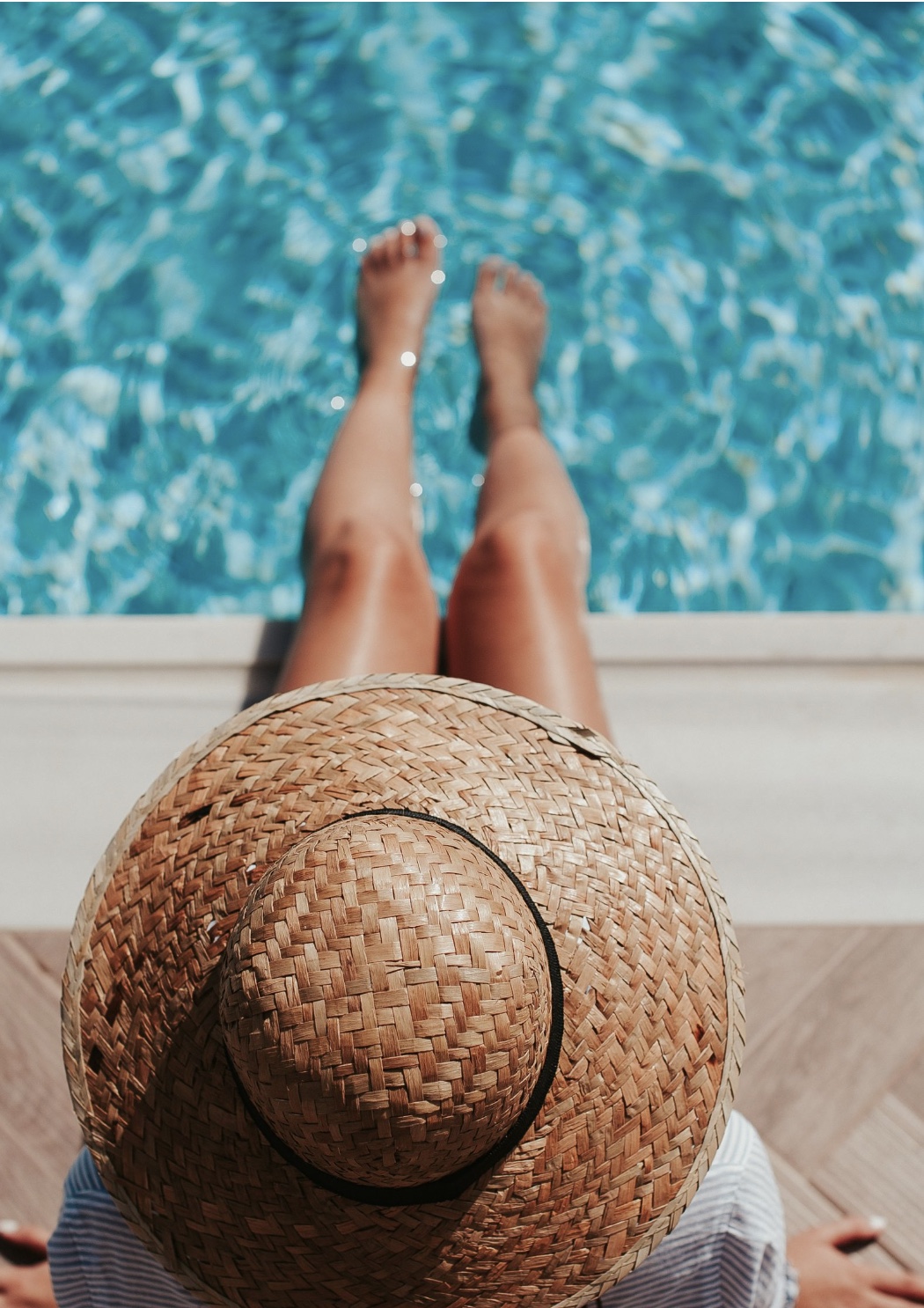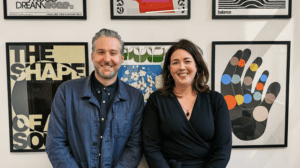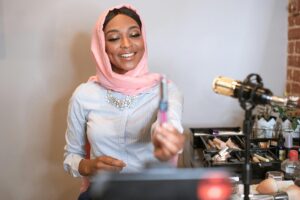By definition, influencers have influence; and with influence comes responsibility.
I’m sure by now most of us have seen the infamous This Morning influencer in Dubai interview. And I’m sure me and my colleagues aren’t the only ones left feeling sad and a little sickened by it. Needless to say, the camel ride didn’t deliver on the motivational content she was aiming for.
Like many industries, influencer marketing has adapted and evolved over this time. From the moment the first lockdown was announced, we saw many examples of talent using their influence for good. They stepped up; promoting correct hand washing techniques, supporting charities, launching loneliness initiatives, encouraging us to shop small and driving the conversation about mental health forward.
Content has developed to be more raw, more honest and more authentic. We’ve seen a new wave of talent coming to the fore; they’re positive, inclusive, thought provoking and progressive. It’s encouraging to see and exciting to be a part of it.
It’s for this reason that it feels so disheartening to scroll through Instagram and see people branded as influencers, along with celebrities and reality TV stars taking advantage of a loophole that sees them flocking to sunnier climes to carry out work that they deem as essential.
We’ve seen members of various reality TV shows head to Dubai and other holiday destinations during lockdown. Away from the tragic picture of the UK, they’ve been posting content on their social feeds, occasionally sponsored, and even in some examples ironically encouraging their audiences to be safe and promoting coronavirus testing companies at the same time!
Following This Morning’s interview, we’ve seen the media ramp up the attention on these stars seemingly flouting their privilege, leading to Dubai being added to the UK’s Red List, stopping flights from the UAE to the UK from today. But even before the infamous interview, we were seeing the sentiment shift towards the negative for those who were on holiday and documenting it. Interestingly though, when you look at the comments on the individuals’ posts, it’s hard to spot a comment criticizing them. Either negative comments are being deleted or comments are being temporarily restricted.

Finally, ex-Love Islander Olivia Attwood broke the silence and spoke out about the tone deaf approach; ‘Some things I’ve seen legit over the past 24 hours are people on their stories saying how “hard” it is,’ she told her followers via her Instagram Stories. ‘People are losing their family members daily. They can’t pay rent and their businesses they’ve worked their f*****g b******s off for are crumbling around them and you’re on the beach telling us “you don’t know how hard it is”.’
Meanwhile, back in the UK, Dr Alex, a former Love Island season 4 contestant has been working tirelessly in the A&E department at a South London hospital. He’s been documenting his experience of working on the frontline during the pandemic on his social media and using his platform to encourage his followers to adhere to government guidelines in order to protect the NHS. But if you ever wanted an example of a person using their influence for good, you only have to look at Marcus Rashford.
In a world where we’re spending more time than ever on social media, cases of mental health on a steep incline and the air thick with cancel culture, perhaps it’s time for us all involved in this industry to take responsibility and shift our focus to celebrate the personalities like Dr Alex or Marcus Rashford who should be held up as examples of people with influence using it for good?






